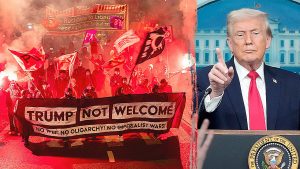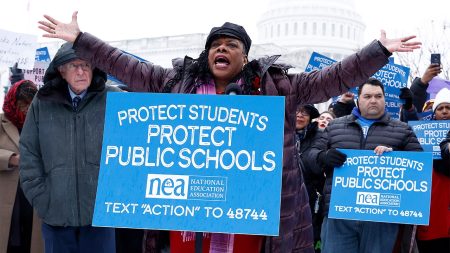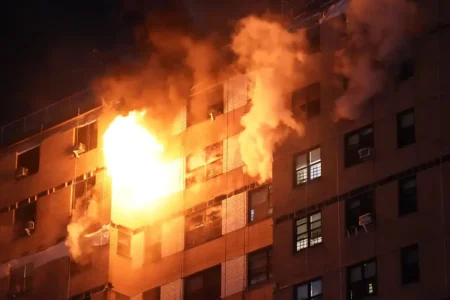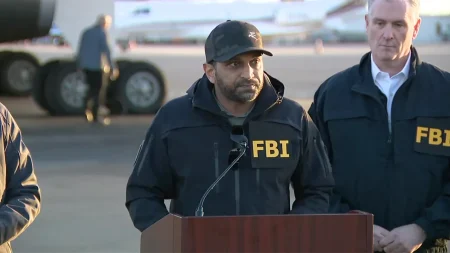Former Rebel to Respected Statesman: President Ahmed al-Shara’s Diplomatic Transformation
In the marbled halls of diplomatic power, where yesterday’s adversaries often become today’s allies, few journeys illustrate this political metamorphosis more dramatically than that of President Ahmed al-Shara. His recent state visit marks another significant milestone in what has become one of the most remarkable political rehabilitations in modern international relations. Once branded a terrorist and hunted by U.S. intelligence agencies, al-Shara now receives red-carpet welcomes in capitals that previously condemned him. This transformation from guerrilla fighter to respected head of state offers a compelling case study in how the international community’s perception of political legitimacy can evolve over time.
From Rebel Camps to Presidential Palaces: The Unlikely Journey
The man who now travels with diplomatic immunity and a substantial security detail spent much of his early career in the shadows of mountain hideouts. Ahmed al-Shara first emerged on the international stage three decades ago as the charismatic leader of the People’s Liberation Front (PLF), an insurgent group fighting against what they viewed as an oppressive regime in their homeland. While Western governments labeled his methods as terrorism, many in his country saw him as a freedom fighter challenging authoritarian rule. “The difference between a terrorist and a freedom fighter has always been a matter of perspective,” noted Dr. Eleanor Winters, professor of International Relations at Georgetown University. “Al-Shara’s transformation reflects not just his own evolution, but changing geopolitical priorities and a reassessment of what constitutes legitimate political resistance.”
During the 1990s, al-Shara appeared on the U.S. State Department’s most-wanted list, with a substantial bounty offered for information leading to his capture. American intelligence files from that period, portions of which have since been declassified, described him as “dangerous, volatile, and fundamentally opposed to Western interests in the region.” The charges against him were serious – orchestrating bombings of government facilities, coordinating attacks on foreign interests, and establishing training camps for insurgents. Yet even his staunchest critics acknowledged his strategic acumen and his ability to articulate grievances that resonated with marginalized populations. This complex legacy – part revolutionary, part ruthless tactician – continues to color international perceptions of his presidency, creating both opportunities and challenges for his diplomatic efforts.
The Political Recalibration: How Al-Shara Gained International Legitimacy
The pivotal moment in al-Shara’s transformation came with the Riverdale Peace Accords of 2011, when his organization laid down arms and entered the political mainstream. The agreement, brokered through painstaking international mediation, created a pathway for former rebels to participate in democratic governance while establishing accountability mechanisms for past abuses. Al-Shara’s willingness to navigate this difficult transition surprised many international observers who had expected him to reject compromise. “What we witnessed wasn’t just a tactical shift but a genuine strategic recalibration,” explained Ambassador Maria Gonzalez, who participated in the negotiations. “Al-Shara demonstrated an unexpected pragmatism and vision for his country’s future that transcended his revolutionary past.”
His subsequent electoral victory in 2015, certified by international observers as “imperfect but broadly reflective of popular will,” completed the formal transition from outlaw to statesman. The election itself represented a remarkable feat of political reinvention, with al-Shara campaigning on platforms of economic development and national reconciliation rather than the revolutionary rhetoric that had defined his earlier career. Western diplomats who had once tracked his movements with military intelligence now analyzed his economic policies and governance approach. The administration of President Jonathan Reynolds, which had initially expressed “deep reservations” about al-Shara’s electoral participation, gradually shifted toward cautious engagement. By 2018, diplomatic channels had normalized to the point where al-Shara received his first official invitation to Washington – a development that would have been unthinkable just a decade earlier.
Geopolitical Pragmatism: Why Former Adversaries Now Welcome Al-Shara
The international rehabilitation of President al-Shara reflects broader patterns in how great powers manage relationships with once-controversial leaders who now control strategically valuable territories or resources. His country’s substantial reserves of rare earth minerals, essential for advanced technology manufacturing, have made it an increasingly important player in global supply chains. China’s aggressive economic outreach to al-Shara’s government in 2016 served as a catalyst for Western reconsideration of isolation policies. “There’s always a tension between idealism and realism in foreign policy,” observed Former Secretary of State William Harrison. “When a former adversary controls resources vital to economic security, pragmatism typically prevails over historical grievances.”
Climate considerations have further accelerated al-Shara’s diplomatic rehabilitation. His country’s vast tropical forests represent a critical carbon sink at a time when environmental concerns increasingly shape international alliances. The Climate Preservation Partnership he signed last year with the European Union, committing to forest preservation in exchange for sustainable development assistance, exemplifies how environmental imperatives create new diplomatic opportunities. Additionally, al-Shara’s government has positioned itself as a regional bulwark against extremist movements that concern Western security agencies. Intelligence sharing and counter-terrorism cooperation have quietly become cornerstones of relationships that publicly emphasize economic development and climate initiatives. This multidimensional engagement has created constituencies within Western foreign policy establishments that advocate for continued normalization despite ongoing human rights concerns raised by international monitoring organizations.
Continuing Controversies: The Unresolved Questions of Al-Shara’s Legacy
Despite his diplomatic rehabilitation, President al-Shara’s governance record remains the subject of intense debate among human rights organizations and policy analysts. Amnesty International’s most recent country assessment noted “significant improvements in political freedoms” while expressing “ongoing concerns about the treatment of opposition figures and press restrictions.” The tension between celebrating democratic progress and confronting continuing abuses creates diplomatic awkwardness during state visits. Western leaders must balance acknowledging positive developments against appearing to endorse governance practices that fall short of international standards. This delicate balancing act was evident during yesterday’s press conference, where carefully crafted statements emphasized “continuing partnership” and “ongoing dialogue” rather than unqualified endorsement.
For victims of violence during the insurgency period, al-Shara’s international acceptance represents a painful compromise. The Association of Victims of Political Violence has consistently opposed his rehabilitation, arguing that insufficient accountability mechanisms exist for actions committed under his leadership. “Diplomatic necessity should not override moral responsibility,” stated Sophia Mbeki, the organization’s director, in response to the recent visit. “True reconciliation requires acknowledgment of past wrongs, not simply their erasure from political conversation.” This perspective highlights perhaps the most challenging aspect of al-Shara’s transformation – the inherent tension between forward-looking diplomatic engagement and backward-looking accountability. As he continues his diplomatic tour, these unresolved questions about justice, responsibility, and historical memory will shadow official ceremonies and state dinners, reminding all participants that political rehabilitation rarely delivers complete resolution of complex historical grievances.
In many ways, President Ahmed al-Shara’s ongoing diplomatic journey embodies the complexities of international relations in a multipolar world where moral clarity frequently yields to strategic necessity. His transformation from wanted militant to welcomed statesman reflects not just personal reinvention but shifting global priorities and the pragmatic calculations that ultimately govern interactions between nations. Whether this rehabilitation represents diplomatic wisdom or moral compromise remains a question that history, not current headlines, will ultimately answer.










